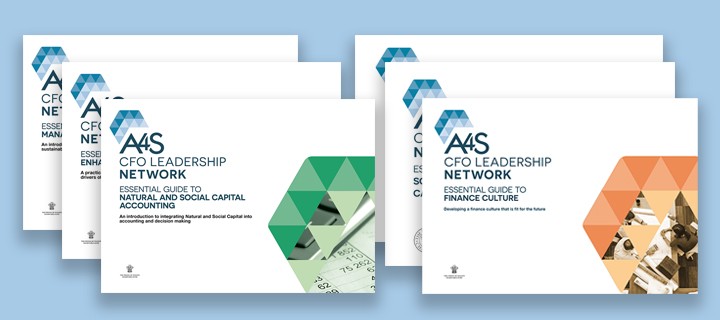Solvay: Credit Facilities
Solvay is an advanced materials and specialty chemicals company which is committed to developing chemistry that addresses key societal challenges.
“As a treasury team, we wanted to find a way to contribute to Solvay’s sustainability values and actively support its ambitious value creation targets.”
Maria Alcon Hidalgo, Solvay Corporate Finance, Treasury And Insurance Head
WHAT?
In January 2019 Solvay announced it had agreed a revolving credit facility (RCF) linked to its ambitious greenhouse gas (GHG) reduction targets. The corresponding interest margin incentive is significant enough to support further low-carbon projects in the company.
Solvay has been reporting its annual GHG emissions for a number of years. Its GHG reduction targets and performance against them are made public, and subject to independent reasonable assurance. Solvay’s performance against these targets will now link to the RCF’s interest rate. The company will pay interest quarterly throughout the year. If it hits the interim GHG target at the end of each year, it will receive a credit, but there will be an equal and opposite penalty for missing the target.
The lead bank for this facility is BNP Paribas, with eight other banks forming the syndicate.
WHY?
Sustainability is an integral part of Solvay’s core values and the treasury team were striving to contribute actively to supporting these values. The team therefore researched the different instruments available, ensuring avoidance of ‘green washing’. Solvay wanted an approach that was:
- Coherent with the company’s sustainable value performance evaluation
- Simple, and part of its existing reporting framework
- Clearly defined, robust and transparent
- Future proofed
The options considered included a green bond. This was rejected because there would have been an additional layer of reporting required to demonstrate the use of proceeds. Also, Solvay wanted to avoid restricting the use of the proceeds to specific projects.
HOW?
A credit facility linked to ESG indices: being linked to an ESG global index would not be the most pertinent option, as it could limit control over the performance metrics used and the extent to which they might or might not align with core sustainability objectives.
Ultimately, Solvay chose an RCF linked to its sustainability targets and business priorities. Following discussions internally and with the bank, the facility was linked to a single metric: performance against Solvay’s GHG emissions-reduction target. This was because this was well understood, robust and clearly defined, and had a clear track record. As a performance metric it also has an element of future proofing, adaptable in case of changes in business scope.
The bank agreed it was reliable because Solvay had clearly defined its measurement approach over a number of years, the metric is subject to reasonable assurance and is published annually within the Integrated Annual Report.



